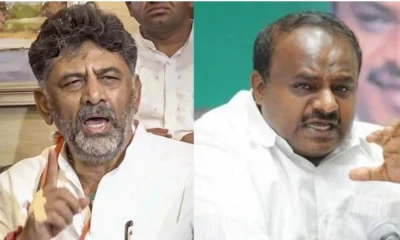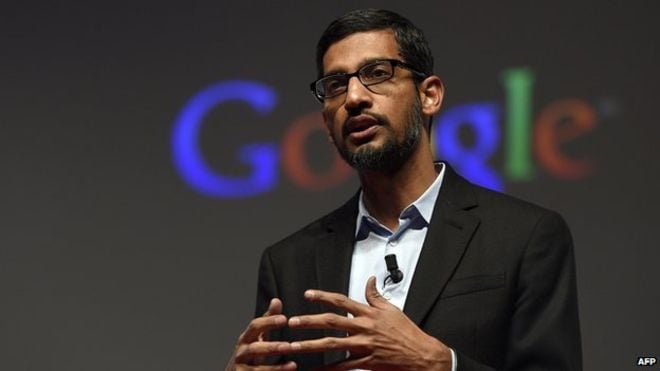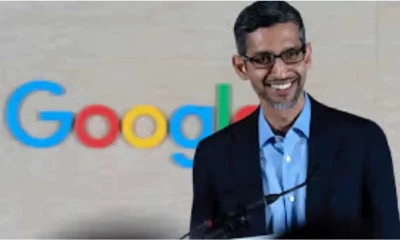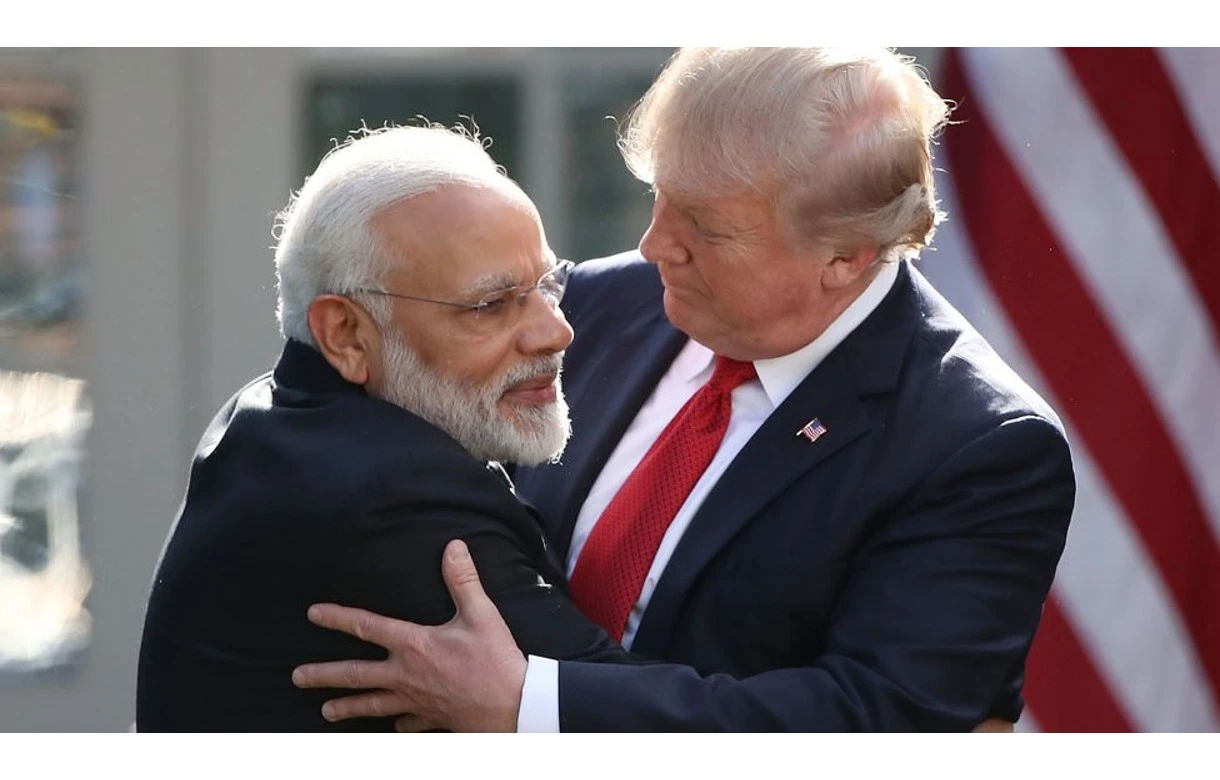Latest world news
Jeff Bezos to step down as Amazon CEO
Amazon founder and CEO Jeff Bezos on Tuesday announced his transition to the role of the executive chairman in the third quarter of this year. He would step down as the chief executive officer, handing over the role to Andy Jassy of Amazon Web Services.

India News
Markets surge as Nifty jumps 750 points after India-US trade deal
Indian equity markets rallied sharply with Nifty and Sensex posting strong gains after the India-US trade agreement announcement.
Latest world news
Trump announces trade deal with India, claims New Delhi will stop buying Russian oil
Donald Trump announces a trade deal with India, reducing US tariffs to 18 per cent and claiming New Delhi will halt Russian oil purchases.
Latest world news
India rejects Hague court proceedings on Indus Waters Treaty
India has reiterated it will not participate in Hague arbitration proceedings under the Indus Waters Treaty, stating the agreement remains in abeyance following the Pahalgam attack.
-
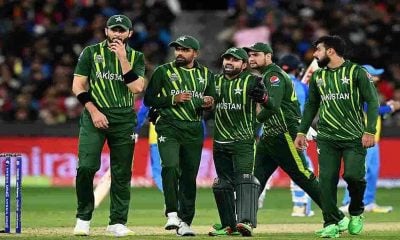
 Cricket news24 hours ago
Cricket news24 hours agoPakistan’s India boycott at T20 World Cup 2026 puts team at risk of ICC action
-
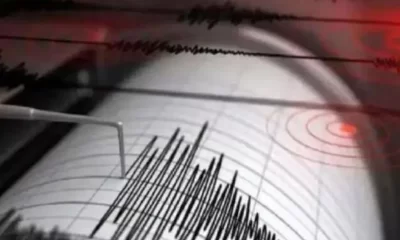
 India News23 hours ago
India News23 hours agoEarthquake of 4.6 magnitude hits Andaman and Nicobar Islands
-
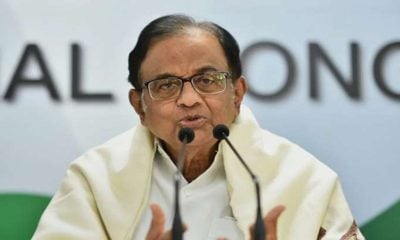
 India News23 hours ago
India News23 hours agoP Chidambaram avoids commenting on Trump’s dead economy remark echoed by Rahul Gandhi
-

 India News24 hours ago
India News24 hours agoParliament Budget Session 2026 set to begin with Lok Sabha debate on President’s address
-

 India News15 hours ago
India News15 hours agoRahul Gandhi, Rajnath Singh clash in Lok Sabha over ex-Army chief’s unpublished book on Ladakh
-
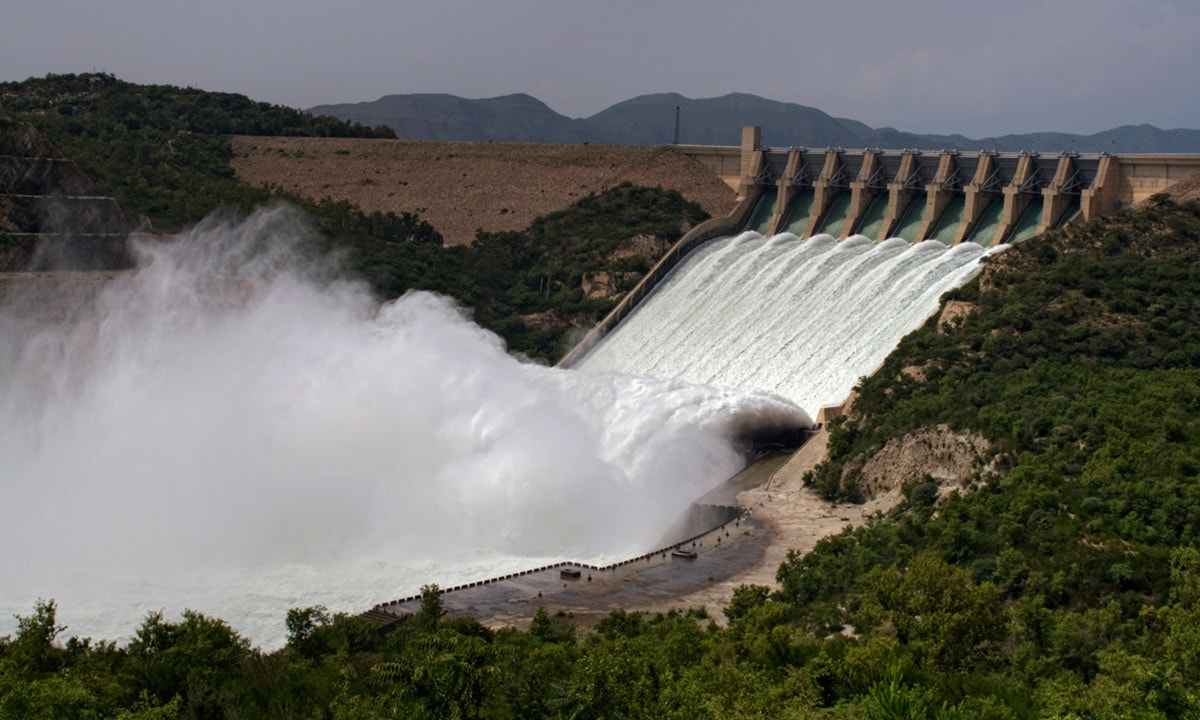
 Latest world news15 hours ago
Latest world news15 hours agoIndia rejects Hague court proceedings on Indus Waters Treaty
-
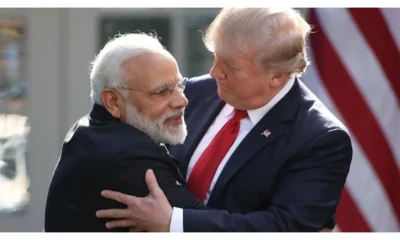
 Latest world news18 mins ago
Latest world news18 mins agoTrump announces trade deal with India, claims New Delhi will stop buying Russian oil
-

 India News6 mins ago
India News6 mins agoMarkets surge as Nifty jumps 750 points after India-US trade deal


